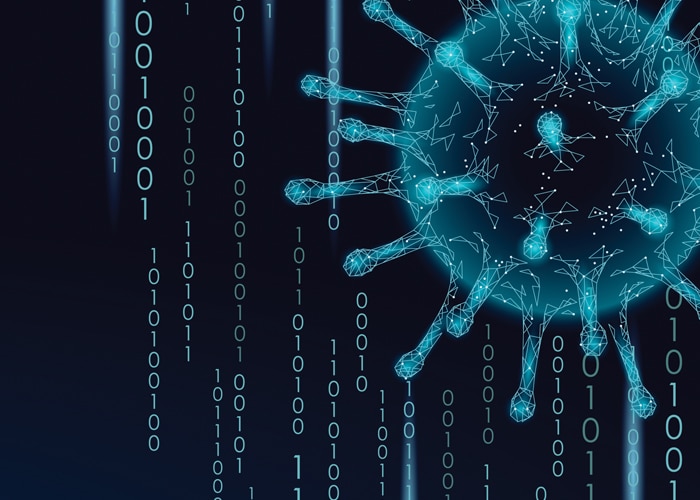
A Phishing Protection Protocol that Covers 6 Non-Email Attack Vectors
Here are 6 phishing attack methods that do not rely solely on email along with a new phishing threat prevention solution designed to stop them.
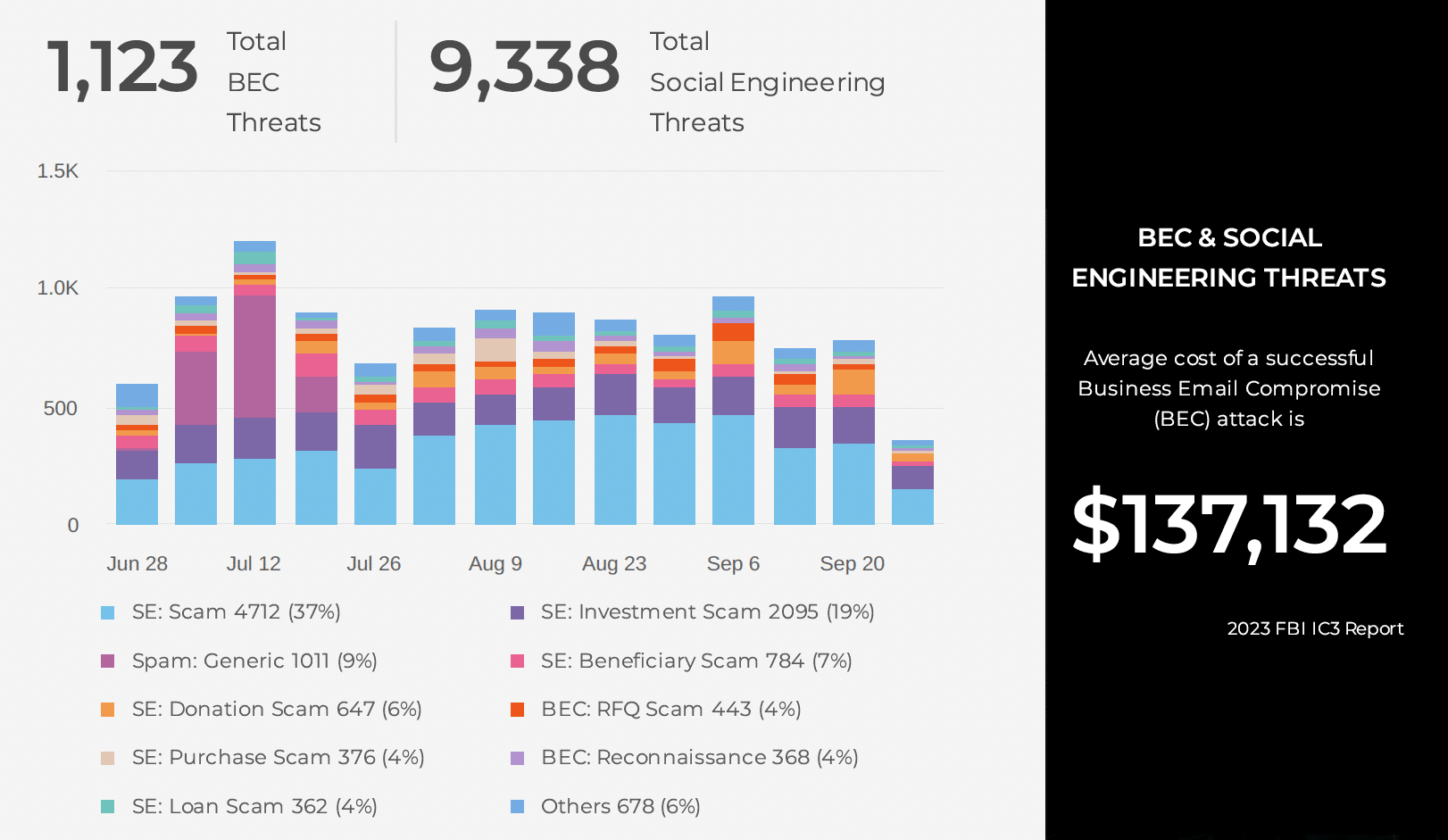
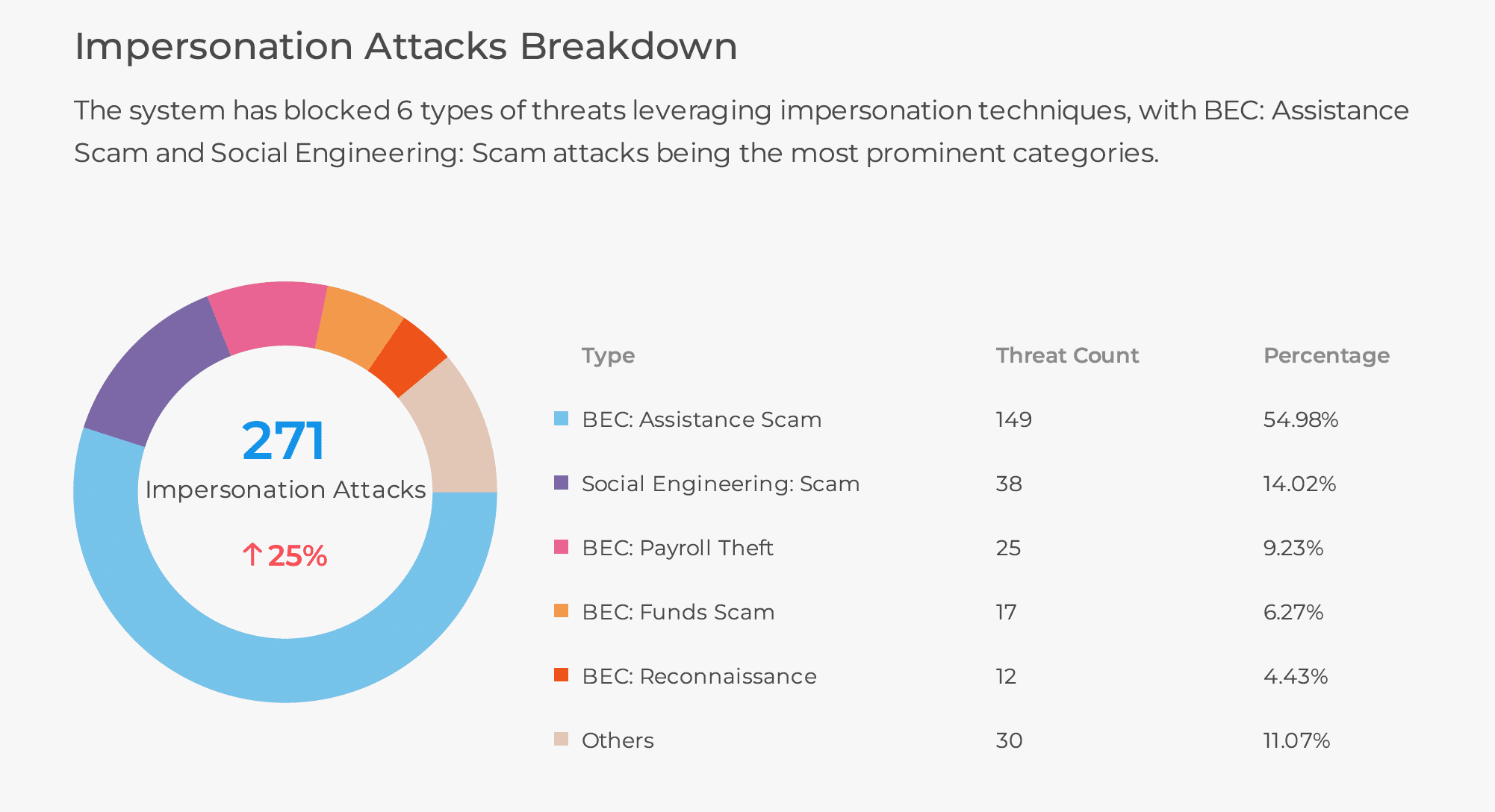


Here are 6 phishing attack methods that do not rely solely on email along with a new phishing threat prevention solution designed to stop them.
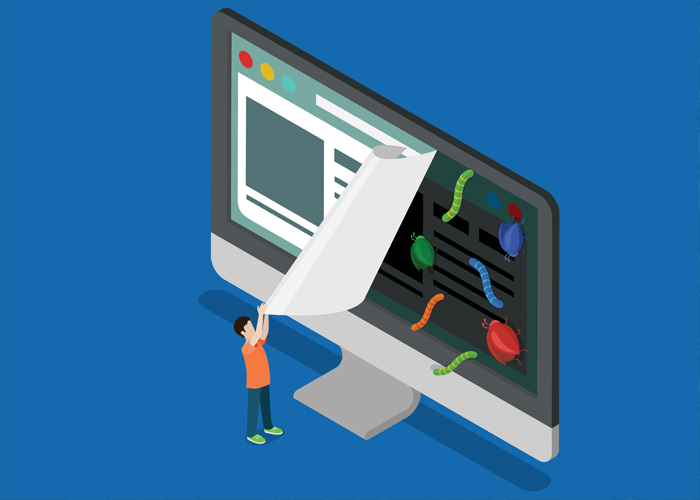
While cybersecurity defenses against malicious email as an attack vector are improving, the level of improvement for phishing threats beyond the inbox are not.
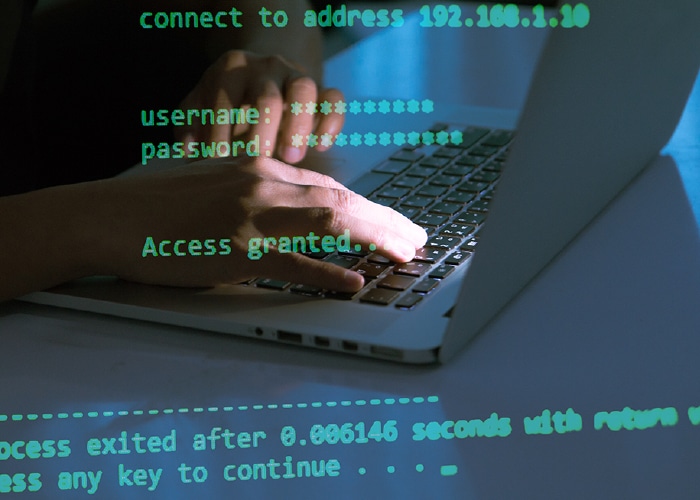
Even though browser extensions act like web applications they aren’t always bound by the SOP that normally prevents web apps from accessing data from other web applications.

If your employees are using the corporate network as a launching point for career change, they are opening the organization (and themselves) to potential phishing sites and links that can cause damage.

According to reports, 52% of phishing attack targets are in Canada while the U.S. was targeted in only 6% of the attacks.

A recent Fortune article includes a video demo of a new automated phishing attack that hacks two-factor authentication (2FA).

The healthcare industry is particularly susceptible to phishing attacks as we’ve seen in the past. Here’s why and what can be done to minimize this risk.

Most traditional cybersecurity systems today are just too slow when it comes to detecting threats, and that discovery deficit can exacerbate phishing threats to organizations.

Weaponized documents are delivered via legitimate looking emails. PDFs, Excel or Word documents are attached to these emails and contain links to malware or phishing sites that compromise a system or network.

Join Mark McDaniel, our Senior Director of Technical Services, for a live demo on May 22, 2019 on what Real-Time Phishing Threat Intelligence looks like.